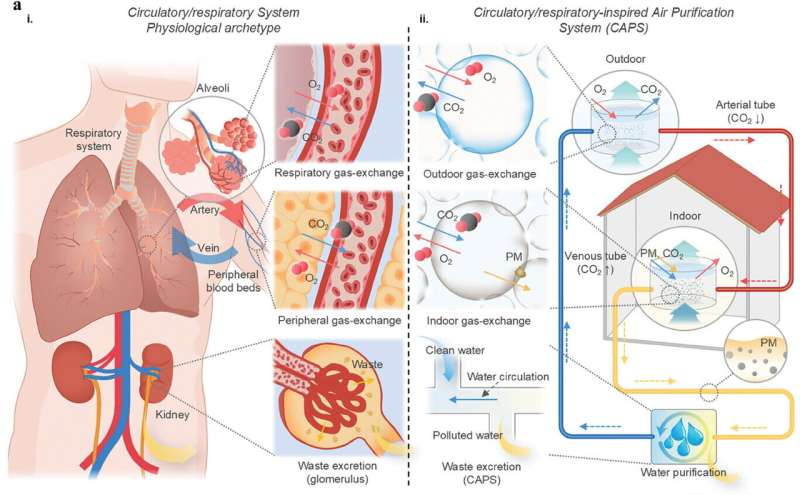Scientists have made a groundbreaking advancement in atomic-level control of matter, a leap that could transform both fundamental scientific understanding and practical applications, particularly in the realm of pharmaceuticals. This achievement, led by physicists at the University of Bath in collaboration with an international team, could revolutionize the way researchers develop medications, improving both precision and efficiency in chemical processes.
While controlling single-molecule reactions with specific outcomes has become standard in laboratories worldwide, this level of mastery was not always achievable. Over a decade ago, IBM researchers demonstrated the potential of atomic manipulation by creating A Boy and His Atom, the world’s smallest movie, by moving individual molecules—each comprising two bonded atoms—frame by frame. Although this was a landmark achievement, controlling chemical reactions with multiple outcomes remained elusive. This limitation has been a challenge, especially in drug synthesis, where controlling byproducts could improve efficiency.
Continue reading… “Breakthrough in Atomic Control: Scientists Revolutionize Chemical Reactions at the Molecular Level”












